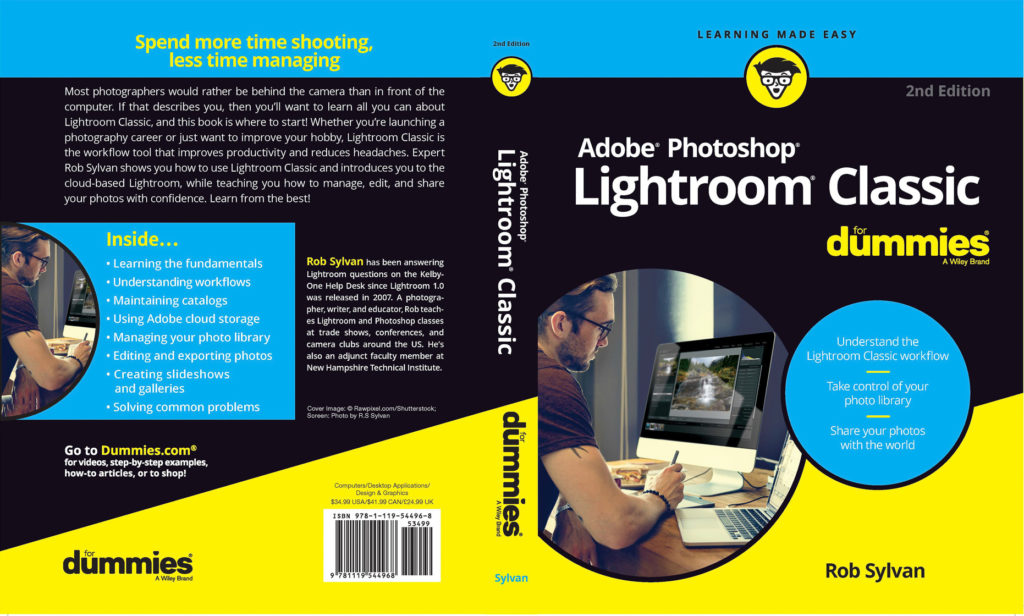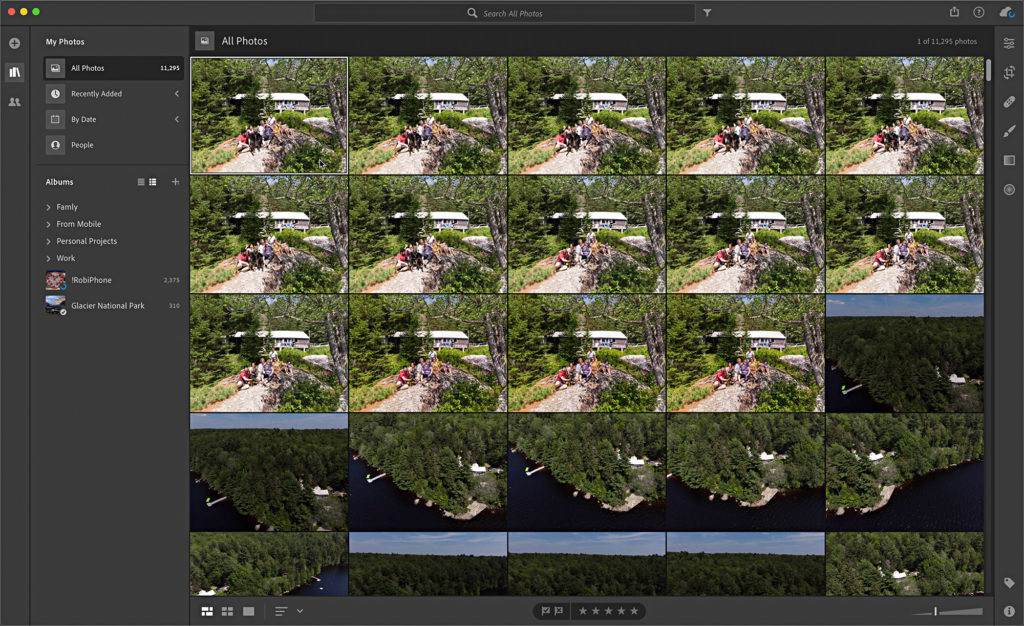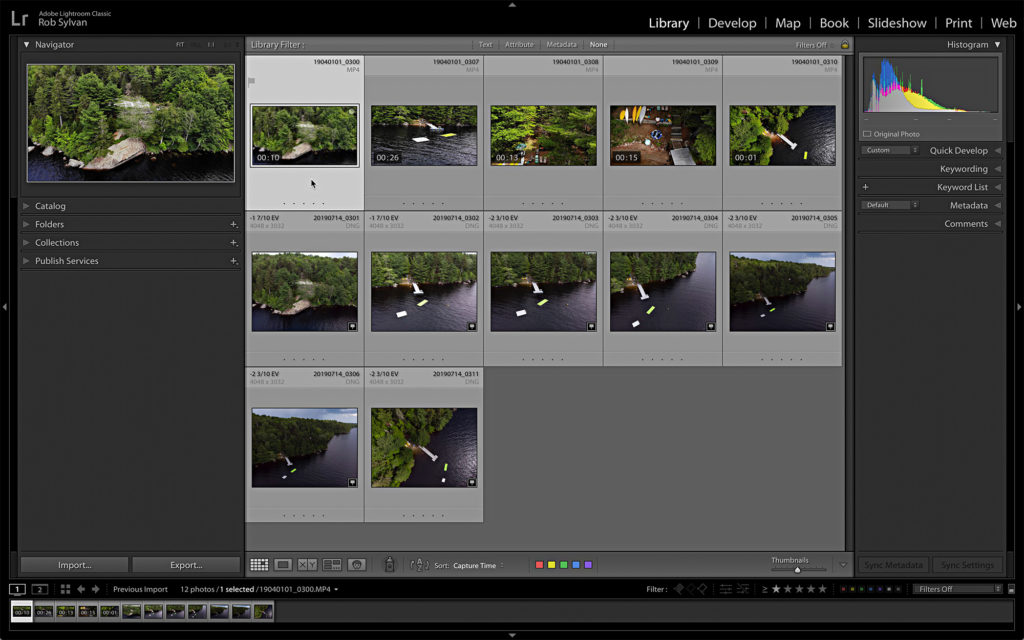First, I want to thank everyone that left a comment for a chance to win my Lightroom Classic for Dummies book last week. It really meant a lot to see so much interest in it. I used a random number generator to help me pick the winners, and I have sent an email to B. Glidden and T. Stein to let them know they were picked. Congrats!

At many points throughout the book I refer the reader right back here to Lightroom Killer Tips to learn more about various topics or to stay up to date on the latest news in the Lightroom World. So, even if you didn’t win the book, you’ve still got access to killer content designed to help you get the most out of whatever version of Lightroom you are using. On that note, one of the comments on last week’s post asks, “Why should I want to use Lightroom Desktop?” And I thought that would be an important question to try to answer (thanks, Mel). Though I am going to word the question a bit more broadly.
Who should use the new cloud-based Lightroom?

Ever since Adobe split Lightroom into two separate yet similar products, and named the original version, “Lightroom Classic” and the new (cloud-based) version now just called, “Lightroom” I think a lot of people have been trying to figure out which version they should be using. I’ll state the obvious fact that the frequently changing and confusing product naming choices have made this harder than it needs to be, and I look forward to the day when the dust settles on all of that.
In my view, the ideal Lightroom cloud customer is someone who:
- Values/needs access to full resolution versions all of their content from any of their devices AND frequently moves between multiple devices.
- Prefers the simplicity and efficiencies realized due to the new version being built from the ground up for this purpose (see last week’s post for an example workflow).
- Likes not having to worry about where their catalog is stored (it’s in the cloud).
- Likes having all of their presets and profiles kept in sync across all of their devices.
- Doesn’t want to bother with keywording and is happy to let Adobe’s AI and machine learning technology analyze and index their photo’s contents for them.
- Doesn’t mind paying for additional cloud storage.
I’ve met a great many people that find all of that appealing. If you don’t have a lot of content (say, less than 1 TB), then the Lightroom Only plan costs the same as the Creative Cloud Photography plan (follow this link to see the plan differences), which is currently $9.99/month. As your storage needs increase, then the monthly costs increase by $9.99 per TB per month (and I do personally feel that cost can be prohibitive if you have a lot of content). So all of that begs a follow up question.
Who should use Lightroom Classic?

In my view, the ideal Lightroom Classic customer is someone who:
- Has an established workflow using the features and functionalities found in the more mature Lightroom Classic product.
- Utilizes other external editing solutions (like those from On1, Skylum, DxO, etc.).
- Needs to use Photoshop.
- Has more robust needs and requirements for output options.
- Likes to print their work.
- Prefers having all of their content under their own local control.
- Doesn’t want to pay for or use cloud storage.
You might have additional reasons for using either product, but that is how my thinking has evolved over the last 2 years or so. I’m sure my thinking will continue to evolve as both products mature and as technology and Internet connectivity evolve as well. You might also reasonably be thinking, “What if I want to use both?” and you can, but there are some caveats that I’ll save for a future post.
The world of photography is not static, and Adobe appears to be invested in providing solutions that appeal to a variety of different use case scenarios. I mean, if you go way back to the birth of the original Lightroom it was the answer to the inefficiencies of the Camera Raw/Bridge/Photoshop workflow that so many people were using at the dawn of digital photography. Camera Raw has only continued to evolve alongside Lightroom, and there are still people who prefer the Camera Raw/Bridge/Photoshop workflow today. Having options is good.
So weigh out all of the options and choose the solution that best fits your current needs. Meanwhile, keep abreast of changes and opportunities that are introduced as someday your needs may change. Thanks to all for your comments and questions. Keep them coming!
The post Book Winners Announced, and an Answer to a Reader Question appeared first on Lightroom Killer Tips.
